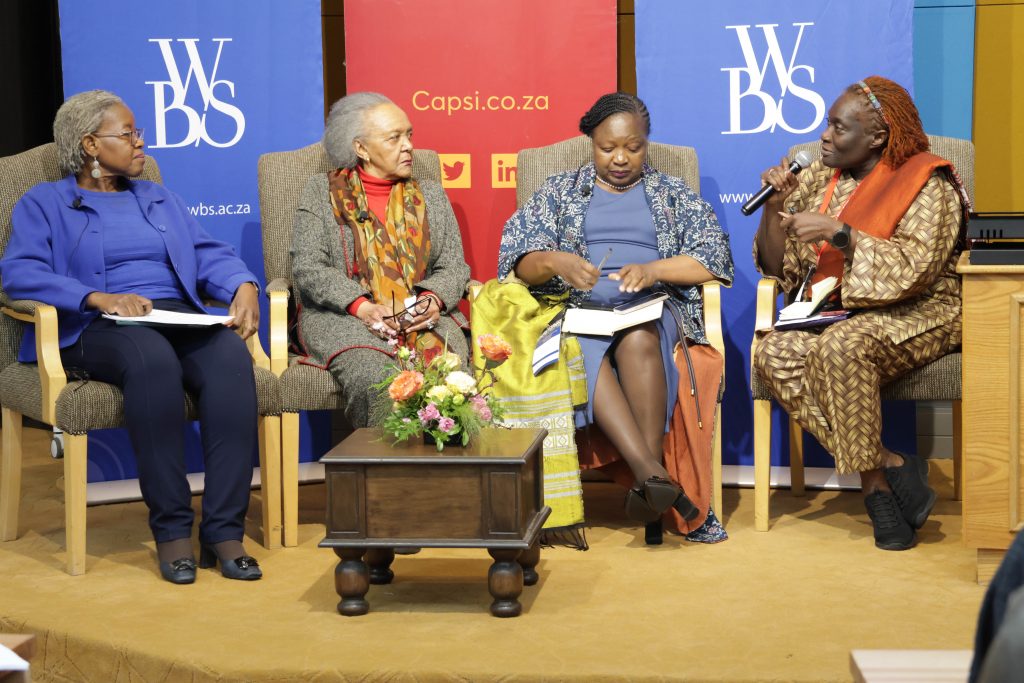
The Non-Profit Sector’s Contributions to the Creation of Dignified and Fulfilling Work for Young People in Uganda
Author:
Roland Banya
Keywords:
Non-profit sector, Youth employment, Dignified and fulfilling work, Uganda, Civil society organisations, Non-governmental organisations (NGOs), Informal sector, Skills development, Vocational training, Entrepreneurship, Social enterprises, Marginalised youth, Capacity building, Informal economy, Digital jobs, Gig economy, Microfinance, Youth empowerment, Labour market, Gender inclusion, Education access, Job creation, Rural development, Urban unemployment, Refugee youth, Youth livelihood programmes, Public-private partnerships, Agricultural value chains, Youth incubation, Enterprise development, Donor funding, Policy advocacy, Technical training
Document details:
Copyright:
Centre on African Philanthropy and Social Investment (CAPSI)
Year:
2025
Document Number:
CAPSI.2025/LR12
Availability:
Web-Only
Pages:
29
Publication Date:
2025-05-01
Series:
Research Reports
DOI:
http://dx.doi.org/10.47019/CAPSI.2025/LR12
Abstract:
Youth unemployment is a significant challenge in Uganda, particularly among marginalised youth. While formal employment remains limited, many young people turn to the informal sector for livelihoods. This literature review explores the contributions of non-profit organisations (NPOs)—commonly referred to as NGOs in Uganda—to the creation of dignified and fulfilling work for youth.
The study employs a comprehensive desktop review of existing literature, including academic articles, government and NGO reports, and news sources, to assess the economic role of NPOs in youth employment. It finds that NPOs contribute both directly—through job creation within their organisations—and indirectly, by supporting youth-focused initiatives such as incubators, training programmes, and access to microcredit.
Despite their contributions, the review highlights a significant data gap regarding the quantity, quality, and sustainability of jobs created by the non-profit sector. It recommends using mixed-methods research and the ILO’s decent work framework to better assess the impact of NPOs on youth employment in Uganda. The review also identifies agriculture, services, and digital technology as key areas for intervention and scaling dignified work opportunities.
Cite this Article:
Banya, R. M. (2022). Landscape Analysis of Social Investment in East Africa (Research Report No. RR13). Centre on African Philanthropy and Social Investment, University of the Witwatersrand. http://dx.doi.org/10.47019/2022.RR13




